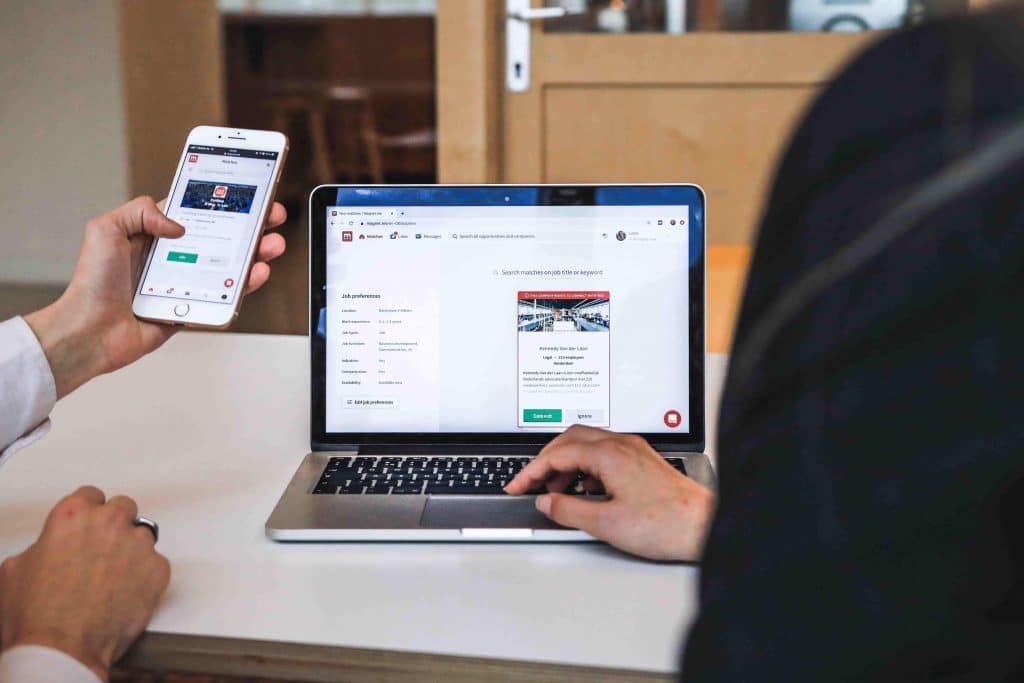Introduction

It’s no secret that social media users are impatient. In fact, a study by Google found that 53% of mobile site visitors will leave a page that takes longer than three seconds to load. And according to Kissmetrics, a one second delay in page response can result in a 7% reduction in conversions.
That means if your website is slow, you’re not only frustrating your visitors, you’re also losing out on potential customers.
But why is speed so important when it comes to social media marketing?
There are a few reasons:
1. Social media users are used to instant gratification.
We live in a world where we can get what we want, when we want it. We can order a pizza with the click of a button and have it delivered to our doorstep in 30 minutes or less. We can stream our favorite TV show or movie on demand. We can even hail a ride from our smartphone.
So when social media users land on a slow website, they expect to be able to get the information they’re looking for right away. If they have to wait even a few seconds for a page to load, they’re likely to click back and find something else.
2. A slow website will hurt your SEO.
Google has stated that site speed is a ranking factor, so if your website is slow, it’s going to hurt your SEO. In addition, social media users are more likely to share links to fast-loading websites, which can help give your site a boost in the search engines.
3. Fast loading pages keep visitors on your site longer.
If a visitor has to wait even a few seconds for a page to load, they’re likely to click back and find something else. But if your pages load quickly, visitors are more likely to stick around and explore your site. And the longer someone stays on your site, the more likely they are to convert into a customer or client.
4. Fast loading pages create a better user experience.

It’s not just that social media users expect pages to load quickly, they also expect a smooth, seamless user experience. If your website is slow or difficult to navigate, visitors are likely to get frustrated and leave.
But if your website loads quickly and is easy to use, visitors will have a positive experience and be more likely to come back.
5. Speed is a key part of social media marketing.
Social media platforms are all about engagement. The more engaged your audience is, the more likely they are to see and interact with your content.
But if your website is slow, it’s going to hurt your engagement levels. After all, why would someone want to stick around and read your content if it takes forever to load?
So if you’re serious about social media marketing, you need to make sure your website is fast. Not only will it help you improve your engagement levels, but it will also help you attract more visitors and convert more leads.
It’s all about the user experience.
People use social media to connect with friends, family, and brands they love. They want to have a positive experience when they’re using these platforms.
If your website is slow, it’s going to frustrate your visitors and reflect poorly on your brand. But if your website is fast, it will create a positive user experience and help you attract more social media users.
It’s time to speed up your website.
If your website is slow, it’s time to do something about it. Use these tips to speed up your website and improve your social media marketing:
1. Optimize your images.

To optimize your images, make sure they’re the correct size for your website and compress them before you upload them. You can use a tool like Photoshop or an online service like TinyPNG.
2. Use a content delivery network (CDN).
A CDN is a group of servers located around the world that deliver content to visitors based on their location. Using a CDN can help improve your website’s speed because it ensures that visitors are getting content from the closest server.
3. Minimize HTTP requests.
Every time a visitor loads a page on your website, their browser has to send an HTTP request to your server. The more requests a browser has to make, the longer it will take for the page to load.
4. Enable browser caching.
Browser caching allows a visitor’s browser to store certain files on their computer so they don’t have to download them every time they load a page. This can help speed up your website because the visitor’s browser won’t have to send as many requests to your server.
5. Use a faster hosting provider.
If your website is slow, it could be because your hosting provider isn’t fast enough. If you’re on a shared hosting plan, consider upgrading to a VPS or dedicated server. Or, switch to a faster hosting provider altogether.
Improving your website’s speed is essential for social media marketing success. Use these tips to get started.
When it comes to social media marketing, website speed is important for two main reasons: engagement and the user experience.
If your website is slow, it’s going to hurt your engagement levels because people will be less likely to stick around and interact with your content. It will also reflect poorly on your brand and create a negative user experience.
Slow loading pages can lose you conversions and sales.

If you want people to buy from you or sign up for your email list, you need to have a fast website. If your pages take too long to load, potential customers will get frustrated and go somewhere else.
Google takes website speed into account when ranking pages in its search results. So, if your website is slow, it could be negatively impacting your SEO.
To sum it up, website speed is important for social media marketing because it impacts engagement, the user experience, conversions, and SEO. If you want to be successful with social media marketing, you need to make sure your website is fast.
Here are a few tips to help you speed up your website:
1. Optimize your images. Large, unoptimized images can slow down your pages. Make sure your images are the correct size for your website and compress them before you upload them.
2. Use a content delivery network (CDN). A CDN can help improve your website’s speed because it ensures that visitors are getting content from the closest server.
3. Minimize HTTP requests. Every time a visitor loads a page on your website, their browser has to send an HTTP request to your server. The more requests a browser has to make, the longer it will take for the page to load. To minimize HTTP requests, you can combine and minify files, use CSS sprites, and cache static content.
4. Enable browser caching. Browser caching allows a visitor’s browser to store certain files on their computer so they don’t have to download them every time they load a page. This can help speed up your website because the visitor’s browser won’t have to send as many requests to your server.
5. Use a faster hosting provider. If your website is slow, it could be because your hosting provider isn’t fast enough. If you’re on a shared hosting plan, consider upgrading to a VPS or dedicated server. Or, switch to a faster hosting provider altogether.
Conclusion

Website speed is important for social media marketing success because it impacts engagement, the user experience, conversions, and SEO. If you want to be successful with social media marketing, you need to make sure your website is fast. Use these tips to speed up your website and improve your social media marketing results.



